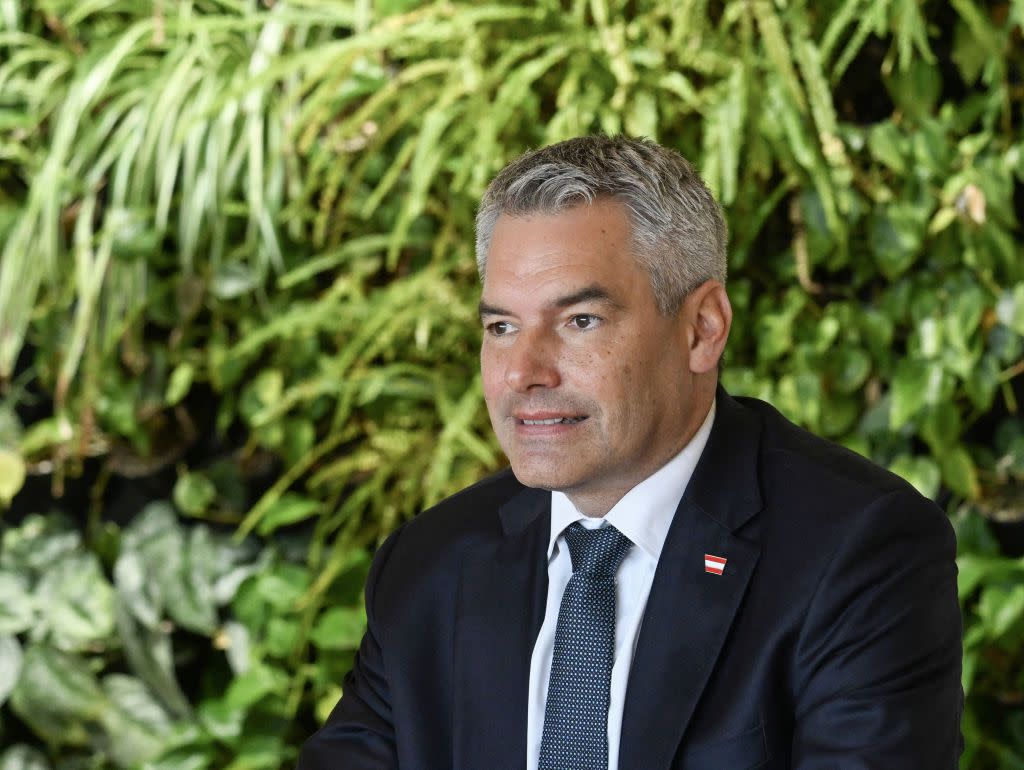Austria urges strengthened security in aftermath of spying scandal

Austrian Chancellor Karl Nehammer said in a statement on April 1 that the country's National Security Council would be convened to discuss how to better protect itself from Russian intelligence infiltration.
The statement came after former Austrian intelligence officer Egisto Ott was arrested on suspicions of spying following a collaborative investigation published by The Insider and Der Spiegel in March 2024.
The investigation alleged that Ott had used his position to unlawfully obtain official information, which he then passed to Jan Marsalek, currently a fugitive and the former COO of the German payment company Wirecard.
The information was then suspected of being shared with Russia's Federal Security Service (FSB).
The allegations are "grave," said Nehammer, and while they must still go through the normal legal channels, "an evaluation and clarification of the security situation of the republic is needed."
"We have to avoid having Russian spy networks threaten our country by infiltrating or instrumentalizing political parties and networks."
Austria expelled two Russian diplomats in March 2024 over actions "incompatible with their diplomatic status."
The move came shortly after the Falter newspaper reported on a dossier according to which 23 Russian diplomats have been engaged in intelligence activities in Austria.
The document claims that the Russian embassy officials maintained contacts with local parties and politicians to foster Russian influence in the country. Russian diplomats were also said to spy on dissidents and opponents of Vladimir Putin's regime living in Austria.
Vienna has denounced Russian aggression against Ukraine and provided Kyiv with economic and humanitarian aid but refused to donate lethal military assistance due to its neutrality policy.
Austria also has close and long-standing economic ties with Russia. The Austrian Raiffeisen Bank International has not left Russia despite sanctions and is one of two foreign banks classified as "systemically important" by the Russian central bank.
Nehammer has also said he opposes the use of profits from frozen Russian assets being used to purchase weapons for Ukraine.
Read also: Austria exploring how to end Russian gas import contract, energy minister says
We’ve been working hard to bring you independent, locally-sourced news from Ukraine. Consider supporting the Kyiv Independent.

